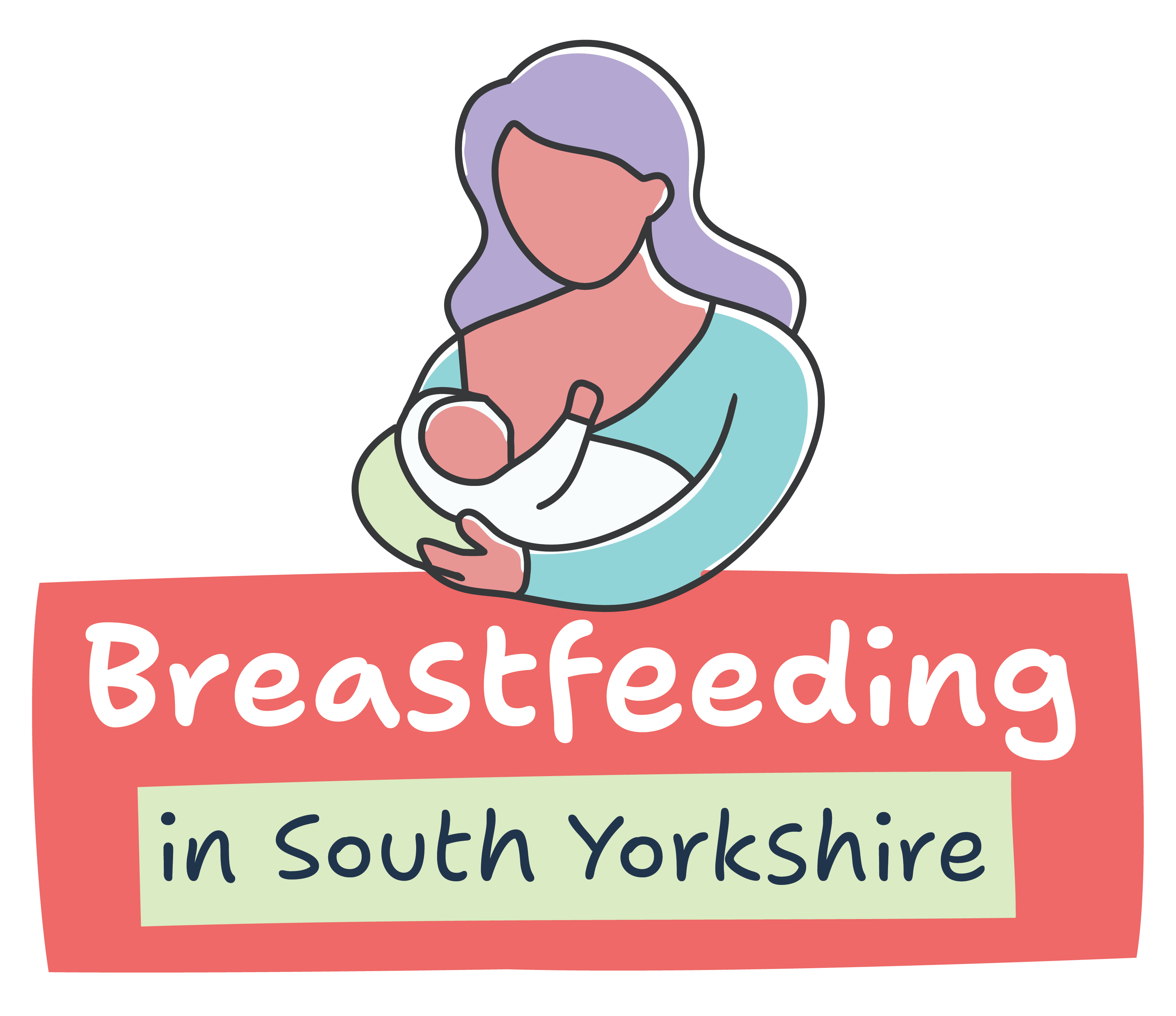Breastfeeding is going well when...
Signs that breastfeeding is going well
These signs include:
- at the beginning of a feed, your baby sucks rapidly to get your milk to flow
- as your milk starts to flow, the baby will use longer, slower sucks with regular pauses and you may hear your baby swallow the milk
- towards the end of the feed on the first breast your baby’s sucking pattern gets slower with occasional swallows
- your baby lets go of the breast when they have had enough from that side – always offer your baby the other breast, though they may not always want it (you could use the time between changing breasts to change their nappy if appropriate)
- your baby will be weighed around day 3 – most babies lose weight in the first week of life, and this is normal
- if your baby has lost more than 8 to 10% of their birth weight, your midwife will give you extra support to continue breastfeeding
- look at your baby’s nappies – what you see in the nappy will change over the first week and is a good sign that your baby is getting enough milk

What to expect in your baby’s nappies
You’ll often see pink, orange stains in your baby’s wet nappies in the first 48 hours. If you continue to see them after 48 hours, please speak to your midwife.
Day 1 and 2
Your baby will have black, sticky ‘tar-like’ poo (meconium). Pink / orange staining may be seen.

Day 3 and 4
3 or more wet nappies with lighter runnier poo, which will be changing colour to green / brown / yellow (changing stool).

Day 5 onwards
At least 6 wet nappies in 24 hours. Poo may be runny and bright yellow – at least 2 poos a day and at least as big as a £2 coin.

Disposable nappies
If you’re using disposable nappies, it can be hard to tell when they’re wet as they’re very absorbent. Try pouring 2 to 4 tablespoons full of water onto a clean nappy and feel the difference in the weight. This gives you an idea of what to look for.
If you have any concerns about feeding, please contact your midwife, health visitor or Infant Feeding Peer Support Worker.
More information
You can ask your midwife, health visitor or peer support worker to help you with breastfeeding.
Your local area
Visit your local area page for details of support available to you locally.
Out of hours support
You can also call the National Breastfeeding Helpline on 0300 100 0212.

